Statistics tell us that women do almost 80% of unpaid care work in the world. Most women have less/little access to and control over resources, hold few positions of power, and have little if any control over decisions that affect their lives. For these women, establishing self-care as a right will do little to change their lived realities. We need to ask: who and what will make it possible for women to challenge everyday norms and expectations by taking care of themselves? What makes it possible for women to prioritize their wellbeing in the way that we are advocating is not ‘nice to have,’ but absolutely essential to their physical, mental and emotional health?
...- Home
- |
- Category: Latest News
